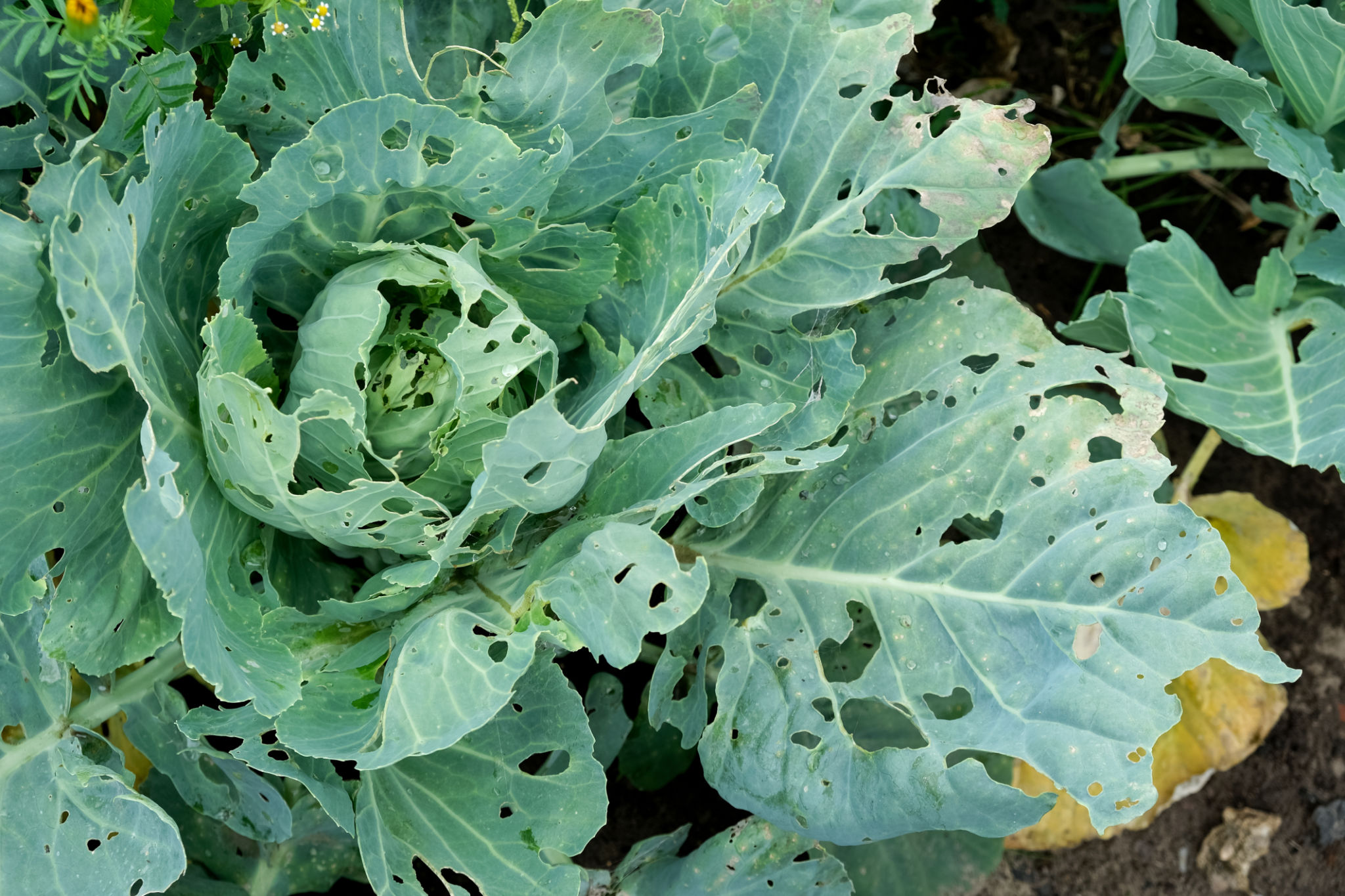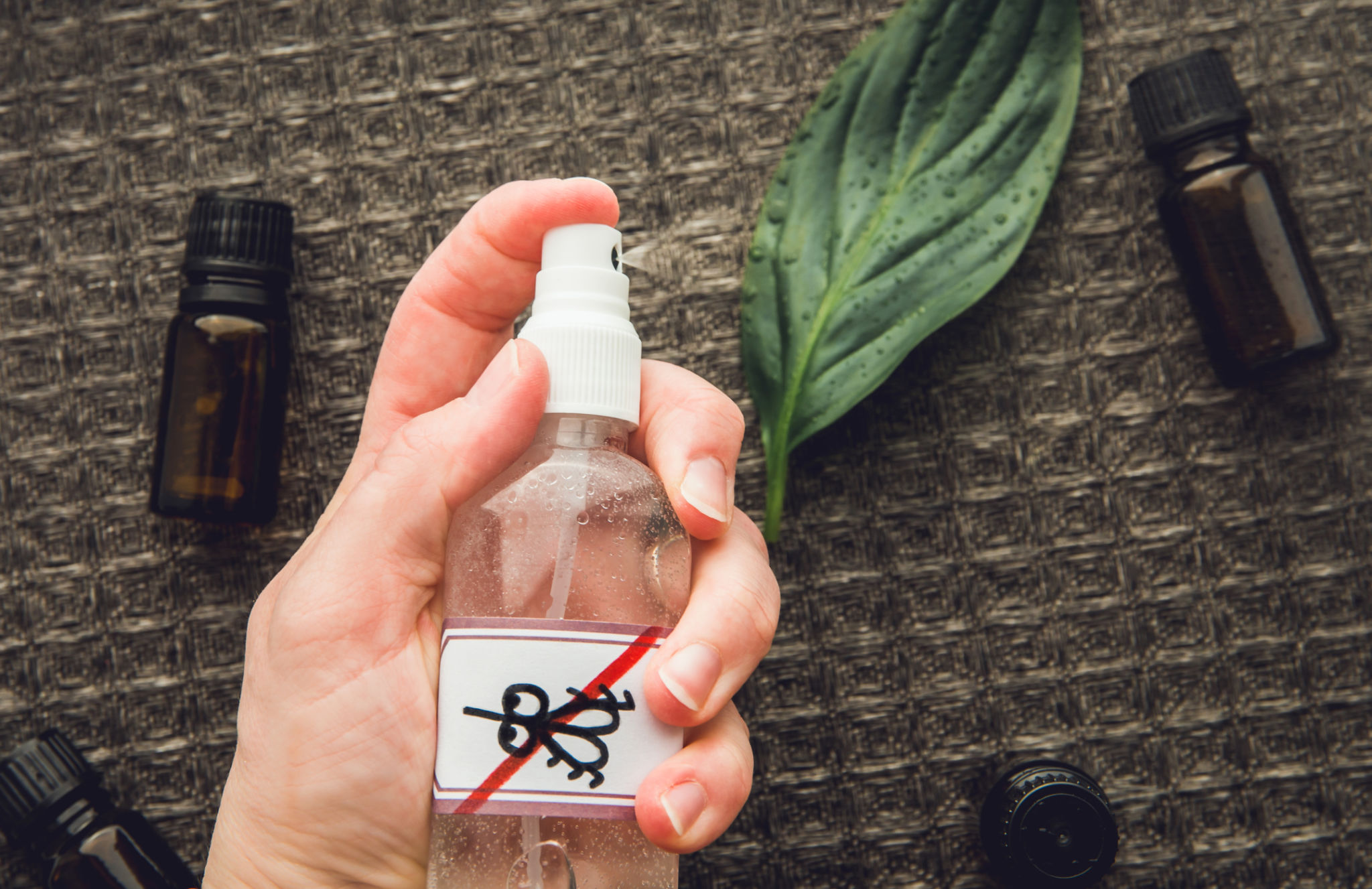DIY Pest Control Tips for Michigan Gardeners: Safe and Effective Methods
Understanding the Pest Problem in Michigan Gardens
Gardening in Michigan can be a rewarding experience, but it also comes with its set of challenges, particularly when it comes to pests. The state's diverse climate means that gardeners may face a variety of pests throughout the year. From aphids to Japanese beetles, understanding the specific pests you're dealing with is crucial for effective control.
Before reaching for chemical solutions, it's essential to identify the pest and understand its life cycle. This knowledge will help you choose the most effective and environmentally friendly methods for your garden.

Incorporating Natural Predators
One of the most effective ways to control pests naturally is by encouraging beneficial insects in your garden. Ladybugs, lacewings, and predatory beetles are excellent allies in the fight against common garden pests.
To attract these beneficial insects, consider planting a variety of flowering plants that provide pollen and nectar. Creating a diverse plant environment not only supports beneficial insects but also enhances the overall health of your garden.
Companion Planting Techniques
Companion planting is a strategic method that involves growing certain plants together to repel pests and enhance growth. For example, planting marigolds alongside tomatoes can deter nematodes, while basil can help ward off flies and mosquitoes.

Researching and implementing companion planting techniques can greatly reduce the need for chemical interventions, making your garden safer for both you and the environment.
Homemade Pest Repellents
Creating your own pest repellents is an effective and safe way to protect your garden. Many natural ingredients found in your kitchen can be used to make sprays that deter pests.
For instance, a garlic spray made by mixing water, garlic, and a bit of soap can repel aphids and beetles. Similarly, a mixture of water and cayenne pepper can deter larger pests like rabbits and squirrels.

Regular Monitoring and Maintenance
Consistent monitoring is key to maintaining a pest-free garden. Regularly inspecting plants for signs of pest damage allows you to address problems early before they become severe.
Pruning affected areas and removing any diseased or infested plants can prevent the spread of pests. Additionally, keeping your garden clean and free from debris will limit hiding spots for unwanted insects.
Using Physical Barriers
Physical barriers are an excellent preventive measure against pests. Row covers, netting, and floating row covers can protect crops from insects and larger animals without the need for chemicals.
Ensuring that these barriers are properly installed is crucial to their effectiveness. Regularly check for any damages or openings that pests could exploit.
Balancing Soil Health
A healthy garden starts with healthy soil. Ensuring your soil is rich in nutrients can make your plants more resilient to pests. Regularly test your soil and amend it with compost or organic matter as needed.

Healthy plants are less susceptible to pest infestations, making soil health a fundamental aspect of effective pest management.
Final Thoughts
By implementing these DIY pest control tips, Michigan gardeners can create a thriving garden that's both safe and sustainable. By focusing on natural methods and regular maintenance, you can enjoy the fruits of your labor without relying on harmful chemicals.